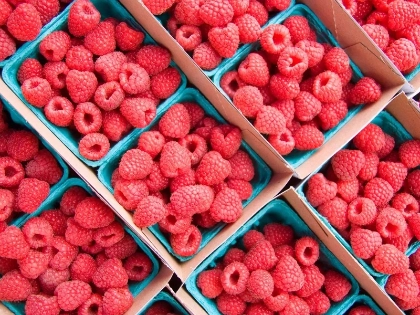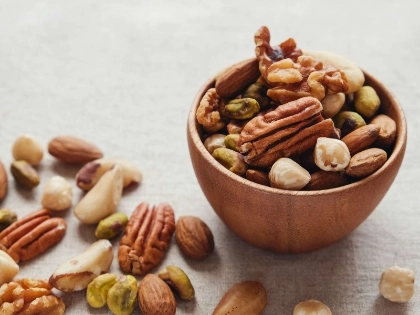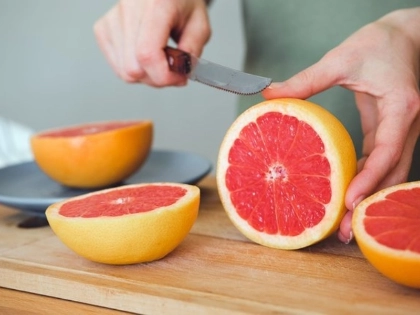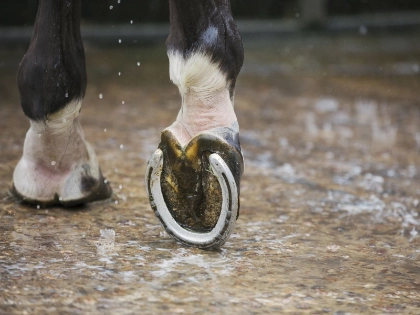Seafood and Digestive Health: Encouraging Your Microbiome
Your gut microbiota can be a little off balance after the holidays. Fortunately, a proper diet can help replenish these germs. You may strengthen your gut by eating a balanced diet rich in fruits, vegetables, whole grains, unsalted nuts, and seeds. It's also critical to stay away from processed foods, sweets, and fatty meals.
Fatty Acids Omega-3
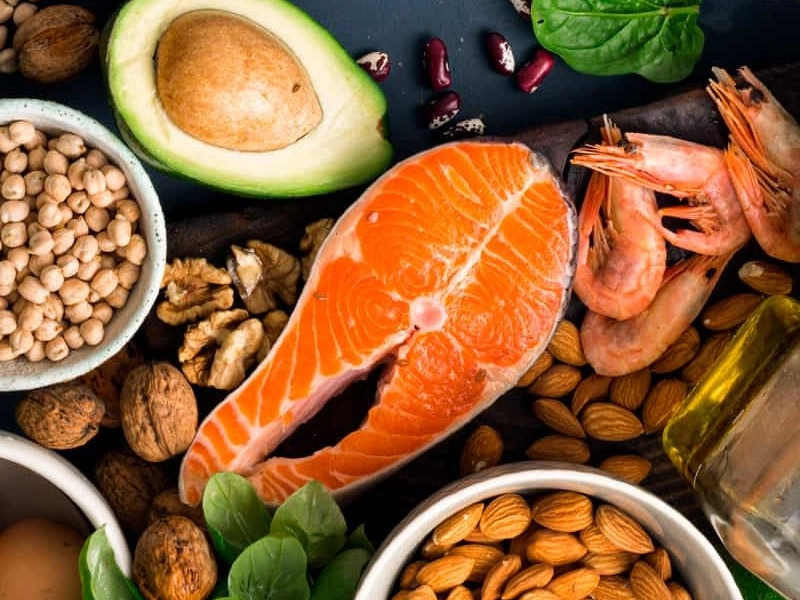
Probiotics
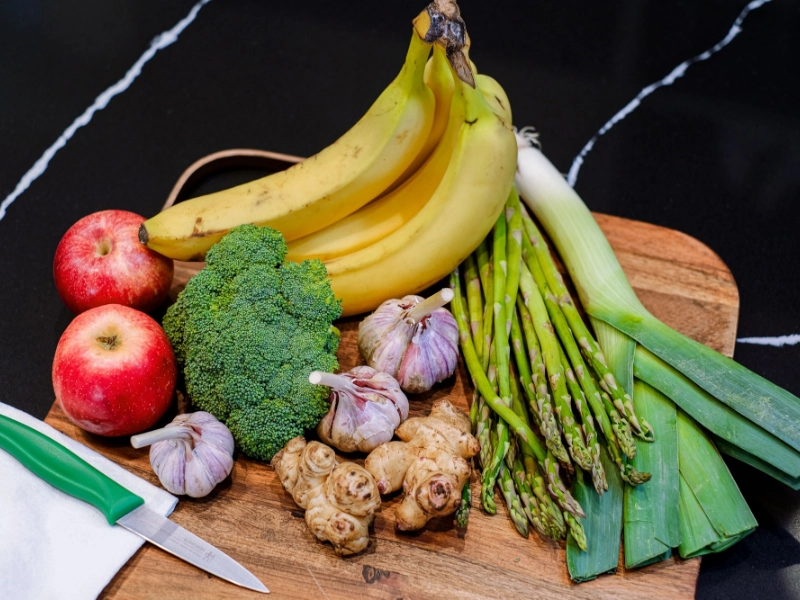 Prebiotics are chemicals that encourage the growth of good bacteria in the digestive system. "Substrates that are selectively utilised by host microorganisms to confer health benefits" is how the International Scientific Association for Probiotics and Prebiotics (ISAPP) currently defines prebiotics [51]. Prebiotics can be found in food items such oligosaccharides, pectin, and resistant starch. FOS, fructooligosaccharides unique to bifidobacteria, galactooligosaccharides, isomalto-oligosaccharides, xylooligosaccharides, arabinoxylanoligosaccharides, and lactulose are the most researched prebiotics [52].
Whole grains, garlic, onions, asparagus, and bananas are among the foods high in prebiotics. To ensure that you are getting enough prebiotics, Scarlata suggests eating a varied diet rich in whole grains, legumes, nuts, and fresh fruits and vegetables at every meal. In addition to being a great source of prebiotics, chicory root is used to manufacture coffee alternatives. It's a good idea to find out what nutrients you require by speaking with a trained dietitian. They can assist you in figuring out how to reach your individual objectives by eating more foods high in prebiotics.
Prebiotics are chemicals that encourage the growth of good bacteria in the digestive system. "Substrates that are selectively utilised by host microorganisms to confer health benefits" is how the International Scientific Association for Probiotics and Prebiotics (ISAPP) currently defines prebiotics [51]. Prebiotics can be found in food items such oligosaccharides, pectin, and resistant starch. FOS, fructooligosaccharides unique to bifidobacteria, galactooligosaccharides, isomalto-oligosaccharides, xylooligosaccharides, arabinoxylanoligosaccharides, and lactulose are the most researched prebiotics [52].
Whole grains, garlic, onions, asparagus, and bananas are among the foods high in prebiotics. To ensure that you are getting enough prebiotics, Scarlata suggests eating a varied diet rich in whole grains, legumes, nuts, and fresh fruits and vegetables at every meal. In addition to being a great source of prebiotics, chicory root is used to manufacture coffee alternatives. It's a good idea to find out what nutrients you require by speaking with a trained dietitian. They can assist you in figuring out how to reach your individual objectives by eating more foods high in prebiotics.
Fiber
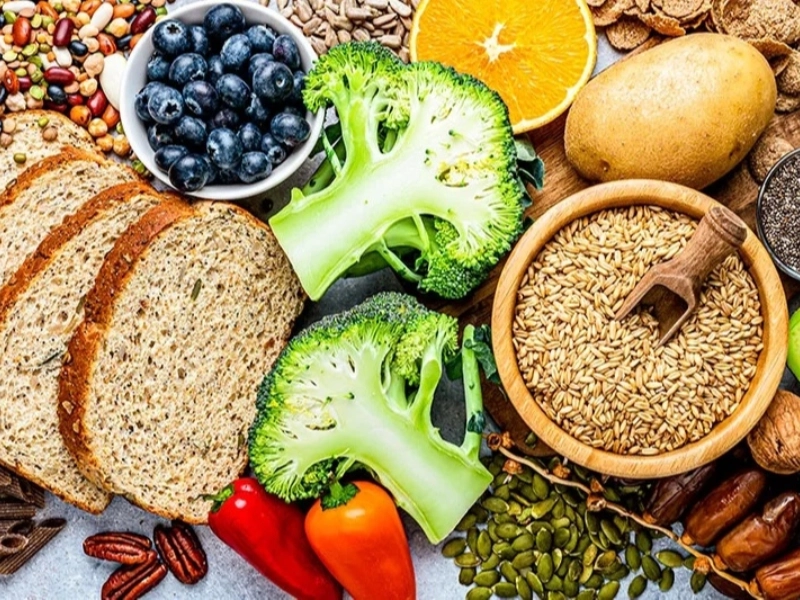 Complex carbohydrates like fiber provide nourishment for the "good" bacteria in your digestive system. It is not broken down by the digestive system like other nutrients, which allows the bacteria in your large intestine to consume it and proliferate. By doing so, they are able to occupy more space and hinder the growth of the "bad" bacteria. Furthermore, the bacteria release acetic and butyric acids, which are beneficial to the health of your colon.
However, not all fiber is made equal; some are more beneficial to your microbiota than others. For instance, research has demonstrated that eating fructans, a high-fiber natural carbohydrate, increases the diversity of microorganisms in the stool, including Bifidobacterium and Lactobacillus bacteria. On the other hand, similar alterations in the fecal bacteria were not brought about by other forms of dietary fiber that are not categorized as candidate or approved prebiotics. This implies that a fiber's fermentability plays a significant role in determining how it affects the microbiota.
Complex carbohydrates like fiber provide nourishment for the "good" bacteria in your digestive system. It is not broken down by the digestive system like other nutrients, which allows the bacteria in your large intestine to consume it and proliferate. By doing so, they are able to occupy more space and hinder the growth of the "bad" bacteria. Furthermore, the bacteria release acetic and butyric acids, which are beneficial to the health of your colon.
However, not all fiber is made equal; some are more beneficial to your microbiota than others. For instance, research has demonstrated that eating fructans, a high-fiber natural carbohydrate, increases the diversity of microorganisms in the stool, including Bifidobacterium and Lactobacillus bacteria. On the other hand, similar alterations in the fecal bacteria were not brought about by other forms of dietary fiber that are not categorized as candidate or approved prebiotics. This implies that a fiber's fermentability plays a significant role in determining how it affects the microbiota.
Minerals
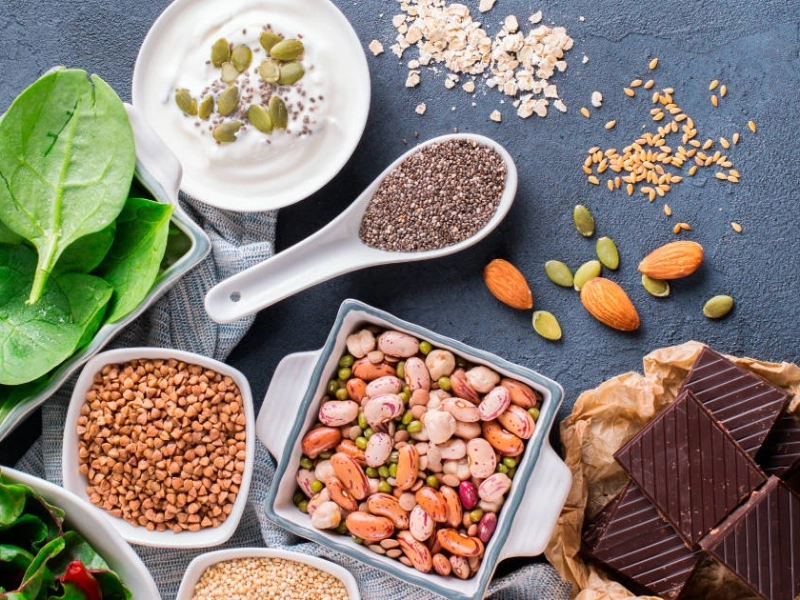 Because they control a variety of critical metabolic processes, minerals are essential to both human and animal health. They serve as the basis for our body's immune system and supply vital building blocks for cellular growth. They also assist in the absorption of nutrients by the gut microbiota and control metabolism and cell signaling.
Research indicates that the quantity of bacteria present in the digestive tract of fish can affect the fish's growth rate. It was also shown that environment and diet can have an impact on the gut microbiome's composition. Furthermore, the bacteria may affect several minerals' bioaccessibility and absorption.
Studies reveal a strong correlation between the gut flora and serum mineral nutrition levels. Further research is necessary to determine the causal relationship between these variables, as it is currently unknown. Numerous serum mineral nutrients have been found to be associated, though not always causally, with the gut microbiota at the phylum, order, family, or genus levels, according to Mendelian randomization results.
Because they control a variety of critical metabolic processes, minerals are essential to both human and animal health. They serve as the basis for our body's immune system and supply vital building blocks for cellular growth. They also assist in the absorption of nutrients by the gut microbiota and control metabolism and cell signaling.
Research indicates that the quantity of bacteria present in the digestive tract of fish can affect the fish's growth rate. It was also shown that environment and diet can have an impact on the gut microbiome's composition. Furthermore, the bacteria may affect several minerals' bioaccessibility and absorption.
Studies reveal a strong correlation between the gut flora and serum mineral nutrition levels. Further research is necessary to determine the causal relationship between these variables, as it is currently unknown. Numerous serum mineral nutrients have been found to be associated, though not always causally, with the gut microbiota at the phylum, order, family, or genus levels, according to Mendelian randomization results.


